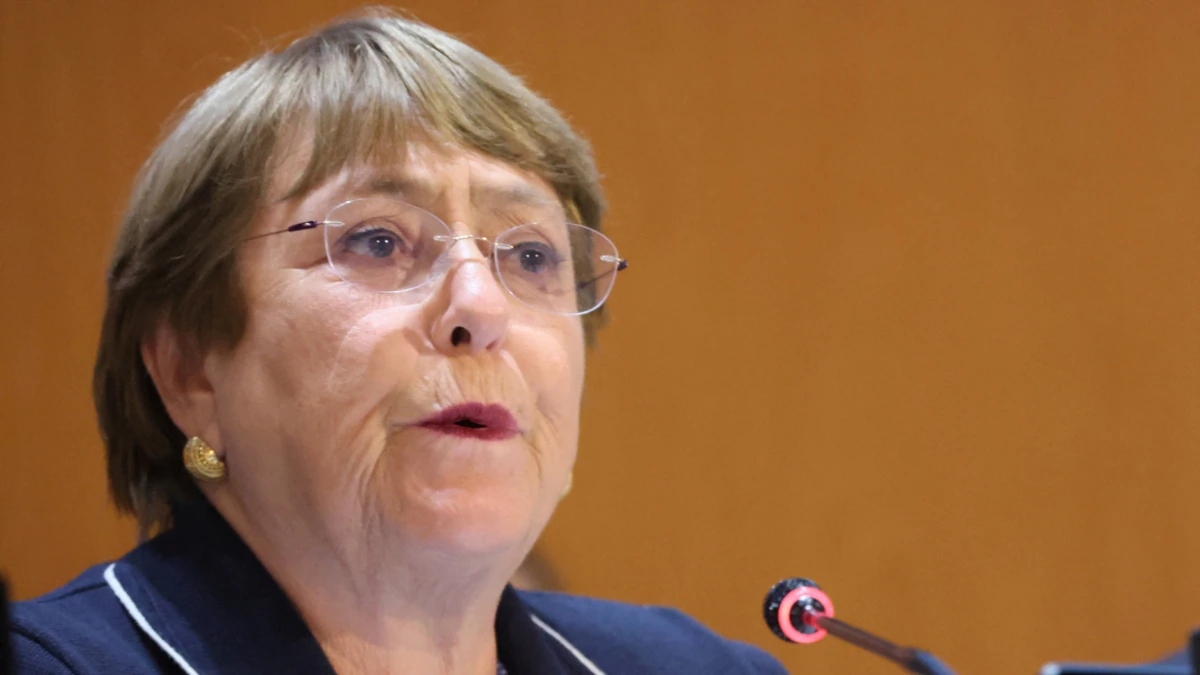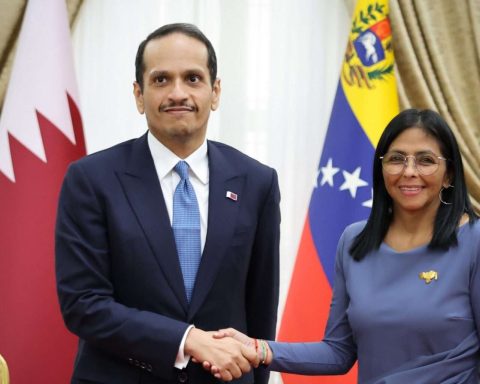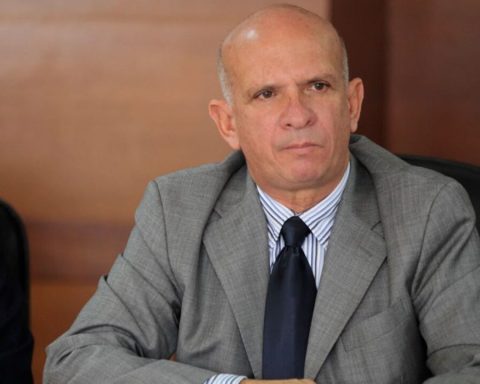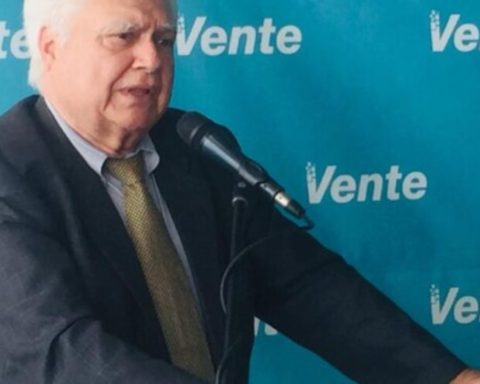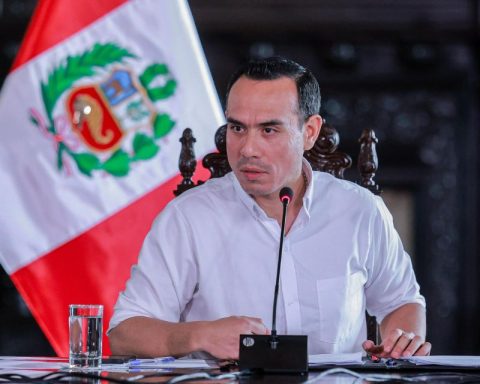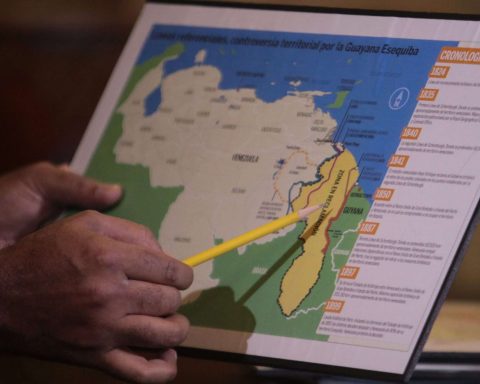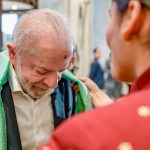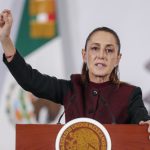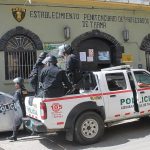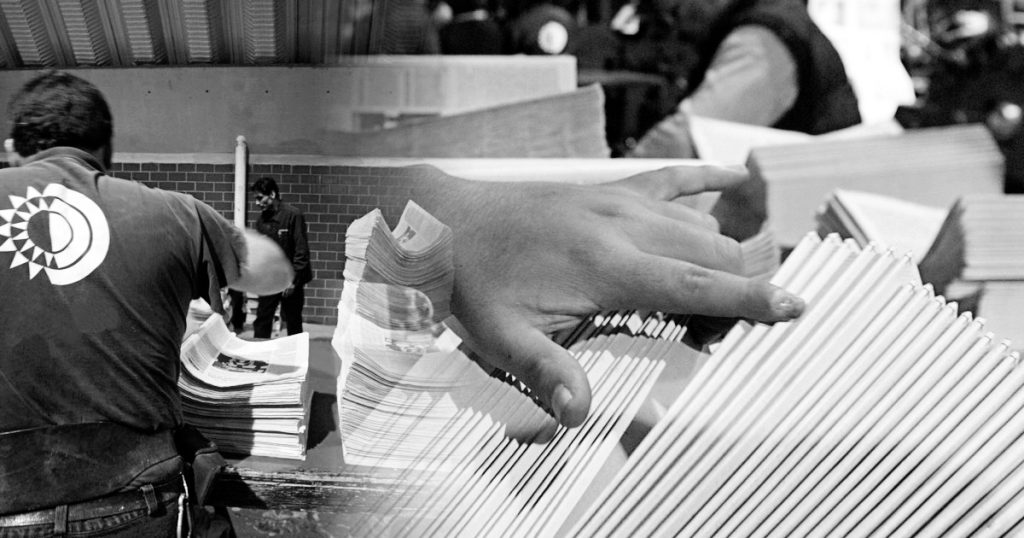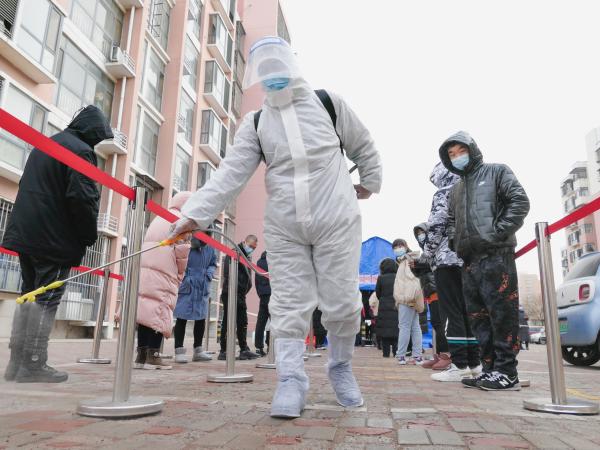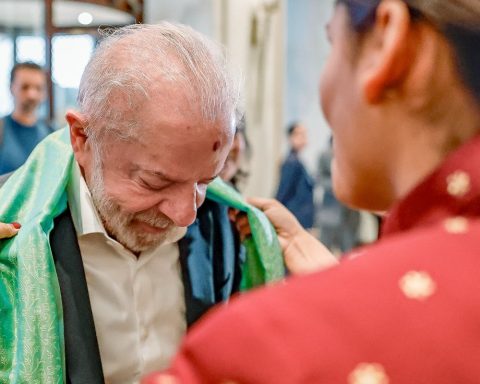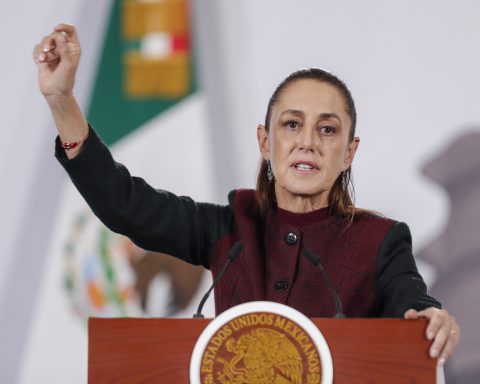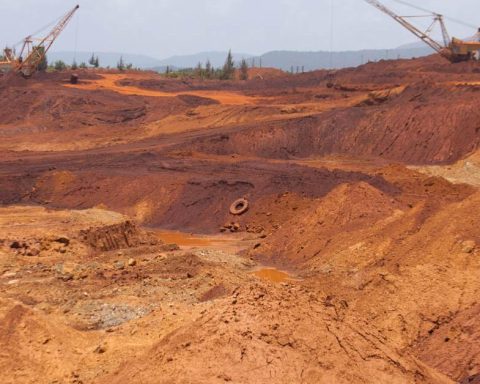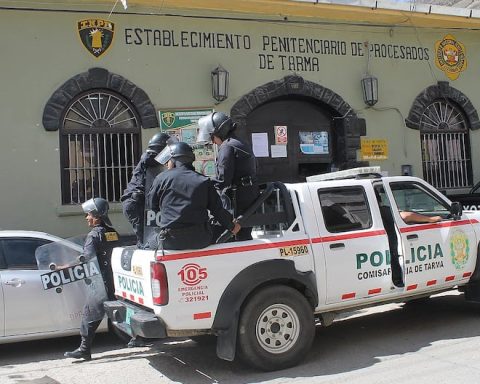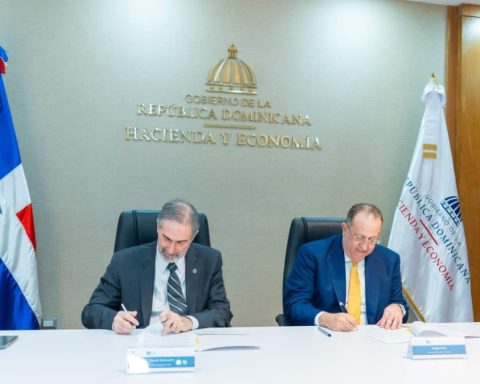Fundamental rights activists in Venezuela welcomed many of the statements that the UN High Commissioner, Michelle Bachelet, mentioned during the oral update of her oral report on the human rights situation in Venezuelabut others consider several of them to be “unacceptable”.
Rafael Uzcátegui, general coordinator of the Venezuelan Program for Education and Action for Human Rights (PROVEA), one of the oldest NGOs in the country, assured that close monitoring by international organizations is the “main retaining wall” against the increase in authoritarianism.
“That is why we are going to ask the international bodies to continue carrying out this work on our country and for the United Nations Council we are going to request next September that the mandate be renewed so that the Fact-Finding Mission can continue working on Venezuela,” he said.
For Delsa Solórzano, human rights defender and deputy of Parliament in 2015, “it is not encouraging” that the government of President Nicolás Maduro carries out an alleged reform of the judicial system, because it only intends to “evade” the jurisdiction of the International Criminal Court (CPI).
The UN High Commissioner for Human Rights, Michelle Bachelet, said on Thursday that they have shown, on the part of the State, “promising steps” that “open opportunities for the implementation of human rights recommendations”, among them the reform of the system of justice and the restructuring of the National Police.
Solórzano recalled that the UN Independent Fact-Finding Mission on Venezuela recently stated that “there is no justice” in the country and that there is no separation of powers.
“At least it is consistent with another body that also depends on the Human Rights Council (…) you cannot be a pimp of dictators and human rights violators, because of that relativization that there is today of certain aspects, a massacre against the Ukrainian people, let’s not continue to turn our faces the other way in the face of dictatorships,” he said.
However, in the opinion of Ali Daniels, director of the NGO Acceso a la Justicia, behind the diplomatic language there is a “skillful” handling of government speeches.
“The allusions to reforms in the penitentiary system, especially in the case of the justice system, have so far been nothing more than that, promises. That is what the speech says, in the sense that hopefully it will be fulfilled and it does so in a very diplomatic sense”, he considers.
“He says that the justice reform is promising, but on the other hand he points out the cases where that justice system continues to behave in the same way,” he adds.
Daniels questioned that Bachelet has alluded to human rights violations “of the past”, because it is a situation “of the present”.
Regarding the fact that Bachelet has expressed special concern about the prosecution of fundamental rights activist Javier Tarazona, director of Funda Redes, an organization that has denounced that Colombian irregular groups act in Venezuelan territory with the consent of the government, Daniels agrees with others defenders of fundamental rights in considering it “an act of justice”.
“He is detained unfairly, arbitrarily, it is one of the cases where a public defender was imposed on him despite the fact that the lawyers were outside the court waiting to enter, it is evidence of a case of violation of due process and an arrest that has no justification”, he stresses.
The expert in international humanitarian law insists that, although there are those who consider the speech “very diplomatic”, “in reality it is circumscribing the Venezuelan reality in a quite accurate way” because he defines the supposed changes as something “promising, because they have not materialized ”.
In November, the ICC prosecutor’s office decided to open a formal investigation of Venezuela for alleged crimes against humanity and signed a memorandum of understanding with the State, based on the principle of positive complementarity established in the Rome Statute.
Héctor Constant, permanent representative of Venezuela to the UN, said he took note of the “concerns expressed” by Bachelet, although he considered that “they do not conform to reality.”
Connect with the Voice of America! Subscribe to our channel Youtube and turn on notifications, or follow us on social media: Facebook, Twitter and Instagram.
